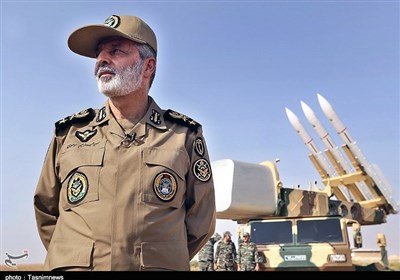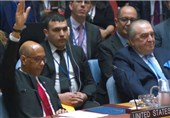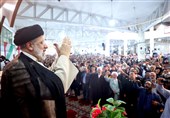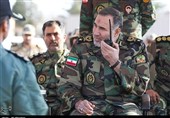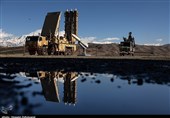Administration Not to Tie Economic Growth to Removal of Anti-Iran Sanctions: President
TEHRAN (Tasnim) – Iranian President Ebrahim Raisi vowed that his administration will pursue the removal of the sanctions, but not condition the country’s economic growth to the elimination of the bans.
“We will vigorously seek elimination of the sanctions,” the chief executive said at the end of a parliamentary session held to qualify his proposed ministers on Wednesday.
The government views the country’s “esteem, good, and expediency” as well as the nation’s rightful entitlements and interests as issues that are pivotal to its endeavors.
However, “it will not tie people’s livelihoods to such issues (as removal of the coercive measures),” he said.
The US reimposed the sanctions in 2018 after leaving a historic nuclear accord between Iran and other countries.
Raisi hailed Leader of the Islamic Revolution Ayatollah Seyed Ali Khamenei’s doctrine of “Resistive Economy” that has been devised to remedy the country’s economic woes in the face of the American economic terrorism.
However, the president regretted that the doctrine had not been adhered to properly, saying it would otherwise definitely resolve the standing predicaments.
“The way out of the problems lies in paying attention to Resistive Economy, and our intention too rests on pursuing the relevant policies powerfully,” the president said.
Concerning the issue of foreign policy, the chief executive also asserted that his government’s action plan in the area consisted in “interaction with other countries.”
Raisi assured Majlis (the Iranian parliament) that he would, under no circumstances, row back the slightest bit from his anti-corruption position.
“Incorruptibility is a pivotal imperative in the government, and there would be no tolerance for (even) the smallest instances of corruption,” the chief executive said.
“I will, under no conditions, back down in the case of fighting corruption,” he added, asserting that a government that is bent on fighting corrupt practices has to be steered by a similarly anti-corruption figure.
He thanked the legislative body for evaluating the candidates for various portfolios, urging it to complete the task at the earliest opportunity so the government can set about resolving the country’s problems.
Raisi described the parliament’s performance of the duty as “a depiction of religious democracy” that sees the legislators evaluate the nominees’ qualifications “carefully and meticulously.”
The nominees, the president added, had been tapped to take over the portfolios based on the standards that he had specified on his electoral campaign, namely such barometers as “competence, expertise, and honesty towards the people.”
The chief executive also expressed his gratitude towards the Ministry of Intelligence, the intelligence directorate of Iran’s Islamic Revolution Guards Corps (IRGC), and the country’s General Inspection Organization for providing the cooperation that was needed as he was vetting potential candidates.
The proposed ministers did not face any “established accusations,” the president said, and voiced delight over the fact that whatever claim that had been laid against them had been disproven so far.
Raisi said the government’s “red line” as far as corruption was concerned was potential attempt by various persons to throw baseless and non-evidentiary claims against one another.
Separately, the president cautioned against the existence of any friction between the government and the parliament, saying that people could not put up with such differences.
He recalled the bitter experience of such clashes in the past, saying, “Cooperation among the people, government, and Majlis is an indispensable imperative.”
Separately, Raisi vowed that the government was to trust the parliament with a detailed report on its pending agenda.
The report would expand on the strategies and courses of action that the government intends to apply to as many as 30 problematic areas in the country’s affairs.


